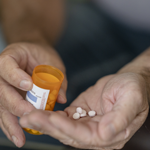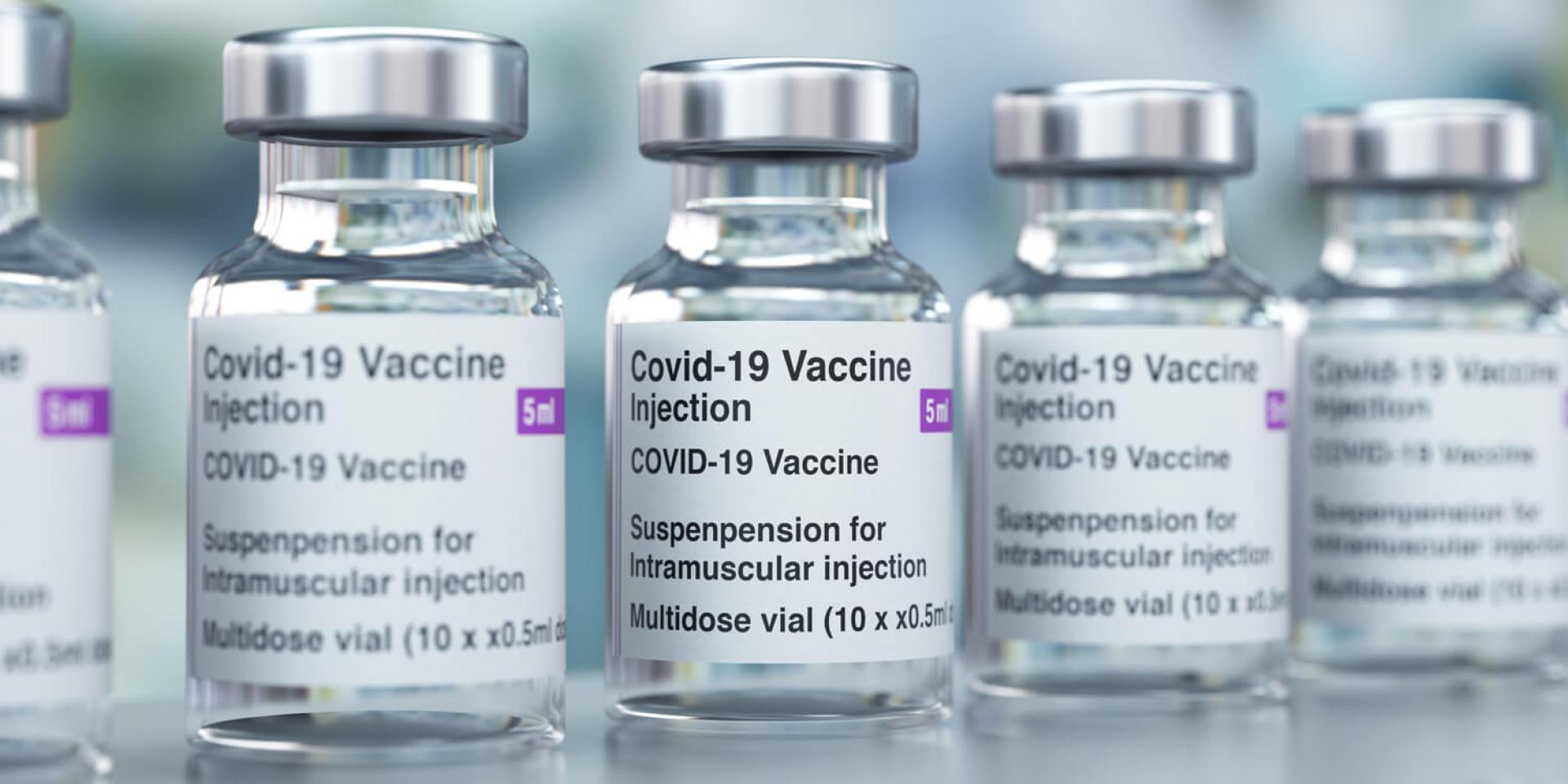

COVID-19
COVID-19
IHPI researchers and clinicians have played a critical role in responding to the COVID-19 pandemic
Our experts joined many others at U-M and beyond in pivoting their work to support the global effort to understand the virus and help governments, communities, and health care systems anticipate and adapt to evolving demands and the long-term health implications of this disease. IHPI members have built models and tracking tools to project virus spread and its impact on populations; administered surveys to assess public vaccine acceptability, school and community preparedness, and the disease’s immense social and economic impact; developed clinical resources and guidelines for the frontlines of care; created data registries to ensure quality care for hospitalized patients; and analyzed disparities in COVID-19 care and outcomes to help generate solutions to address them. Read more in “Fighting COVID-19 with big data.”
To help foster connections and catalyze research and policy collaborations through the lens of COVID-19, in 2020 IHPI launched nine research interest groups involving 100+ IHPI faculty members, which have led to new studies, the creation of patient portal dashboards, public education pieces, academic publications, and connections to international research collaboratives. While several of these COVID-19-specific research interest groups have now disbanded, IHPI continues to support multiple collaborations forged during the pandemic so that new care delivery models and other innovations can be sustained and implemented more effectively and equitably, and that the lessons learned during this time can be used to better prepare for future public health crises.
Highlights

Emily Martin, Ph.D., M.P.H., was honored with a 2020 IHPI Impact Accelerator Award for her data-driven approach to informing the state of Michigan and U-M’s response to the COVID-19 pandemic, as well as her efforts to communicate the science behind the virus, vaccines, and public health measures to diverse audiences nationwide. In August 2021, Martin and her team published an IHPI brief about the COVID-19 data tracking tools they developed to inform public health responses in Michigan throughout the pandemic. Read more >
“Endemic” Defined: Its Impact on You, Health Care, and Society: a discussion with IHPI experts about how an endemic phase of the pandemic may shape health care and impact individuals, families, and communities going forward.
IHPI’s policy team offered the opportunity for members to conduct rapid turnaround Policy Sprint projects on various COVID-19-related policy questions, including:

Scale-up of COVID-19 diagnostic testing: A framework for decision-makers, a project to identify bottlenecks within the COVID-19 testing supply chain and current delivery models in Michigan, then provide operational and policy options for effectively scaling up COVID-19 diagnostic testing to reopen the economy safely. The team conducted more than 20 interviews with stakeholders to gain diverse insights into this complex issue, publishing an IHPI briefwith the findings and policy implications, and outlined policy options. Project lead Ravi Anupindi, Ph.D., M.E., M.S., provided written testimony to the U.S. Senate Committee on Homeland Security and Governmental Affairs for a May 2021 hearing on the issue, and also engaged with policymakers at the Michigan Health & Hospital Association and the Michigan Department of Health and Human Services through the project, informing them of relevant findings and policy options.
Workforce policies to sustain behavioral telehealth during COVID-19 recovery, a project to examine providers’ perspectives on such policy changes, identifying barriers and promising practices and assessing their perceptions of how the policy changes have aided this work. The team, led by Angela Beck, Ph.D., published a report and accompanying IHPI briefs(one each for state and federal audiences) that assessed Michigan behavioral health providers’ experiences with virtual care and outlined policy considerations to sustain and improve access to telebehavioral health.

Views of parents and guardians of school-age children on public school opening during the COVID-19 pandemic, a project to better understand the degree to which families were planning to send children back to school and assess support for risk mitigation strategies, such as masks, staggered arrival times and random COVID-19 testing. The team published an IHPI briefthat examined parents’ plans in Illinois, Michigan, and Ohio for in-person school and support for 15 potential measures to reduce the risk of COVID-19 in schools, and later published their findings in Academic Pediatrics. Project lead Kao-Ping Chua, M.D., Ph.D., also presented a webinar with guidance for policymakers in Michigan, including the Governor’s office, the Return to School Advisory Council, and key staff from the Michigan House of Representatives and Senate.
Variation in primary care telehealth adoption during COVID-19 and the association with acute care utilization for ambulatory care-sensitive conditions to analyze the relationship between virtual care adoption among Michigan primary care practices and emergency department visits or hospitalizations amid the COVID-19 pandemic. The team, led by Kathleen Li, M.D., and Chad Ellimoottil, M.D., M.S., published their findings and policy considerations in an IHPI briefand in JAMA Network Open.
Featured News
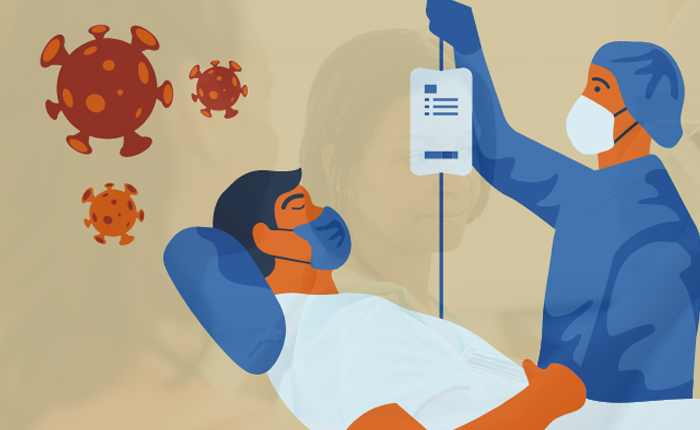
Michigan Hispanic COVID-19 survivors reported worse symptoms, longer hospital stays than white adults
Hispanic Michiganders were more likely than white Michiganders to suffer severe COVID-19 symptoms and have longer hospital stays, according to a new U-M study.
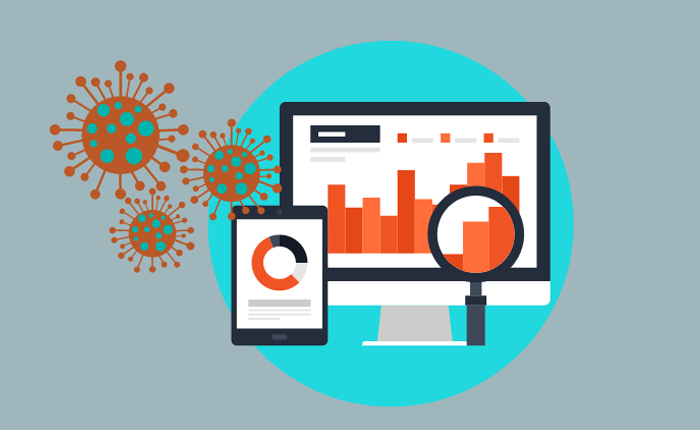
Nearly half of people infected with COVID-19 experienced some ‘long COVID’ symptoms, study finds
Around the world, 43 percent of those infected with COVID-19 experienced post-COVID conditions, according to a new analysis.
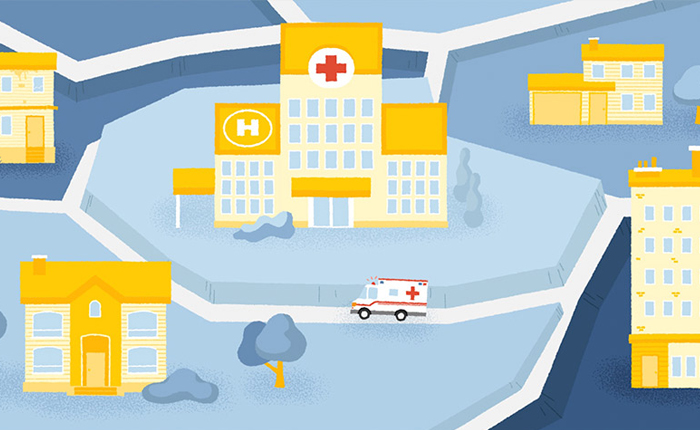
ZIP codes matter when it comes to severe COVID-19
Patients from more socially vulnerable areas were sicker when they got to hospitals, but did just as well by the time they left – suggesting the importance of early and equal access to care

